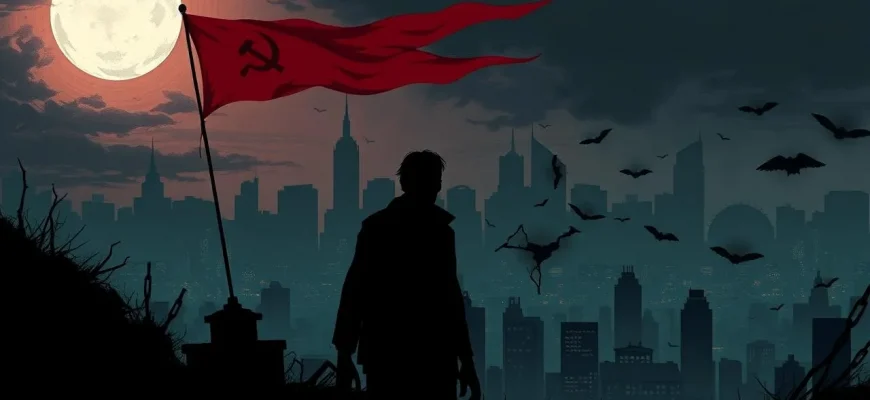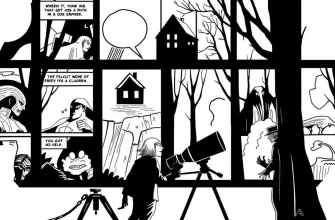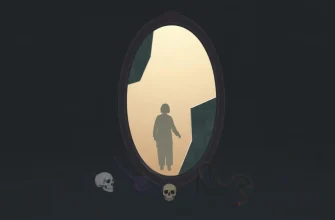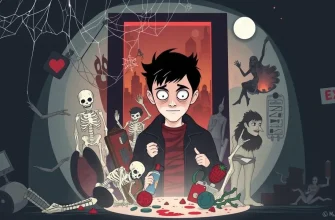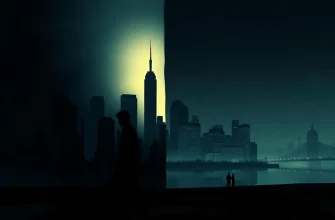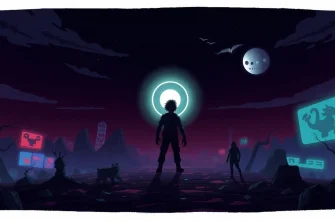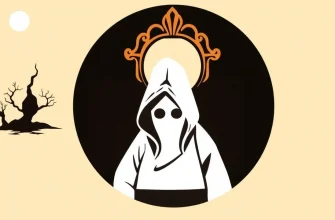Horror films often serve as a mirror to society, reflecting our deepest fears and societal issues. This curated list of 10 horror movies delves into political themes, using the genre to explore power dynamics, corruption, and the consequences of political decisions. These films not only scare us but also provoke thought, making them a must-watch for those who appreciate a deeper narrative beneath the surface of horror.
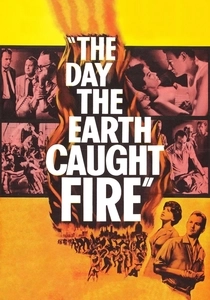
The Day the Earth Caught Fire (1961)
Description: This British science fiction film uses the premise of nuclear testing causing the Earth's axis to shift, leading to catastrophic climate changes. It's a political horror reflecting Cold War anxieties about nuclear war and environmental destruction.
Fact: The film was one of the first to deal with the concept of global warming, albeit in a fictionalized, apocalyptic context.
 Watch Now
Watch Now 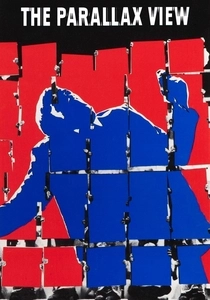
The Parallax View (1974)
Description: This political thriller/horror film follows a journalist investigating a conspiracy behind political assassinations. It delves into themes of paranoia, government control, and the manipulation of public perception, making it a chilling political horror.
Fact: The film was inspired by the real-life assassinations of the 1960s, including JFK, Robert F. Kennedy, and Martin Luther King Jr. Its portrayal of a secretive corporation manipulating individuals for political gain has resonated with conspiracy theorists.
 Watch Now
Watch Now 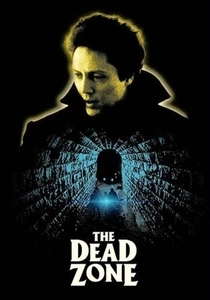
The Dead Zone (1983)
Description: Based on Stephen King's novel, this film follows a schoolteacher who wakes up from a coma with psychic abilities, foreseeing disasters and political assassinations. It explores themes of fate, free will, and the moral implications of knowing the future, particularly in the political arena.
Fact: The film was directed by David Cronenberg, known for his body horror, but here he tackles psychological horror with political implications. Christopher Walken's performance as the protagonist is often cited as one of his best.
 Watch Now
Watch Now 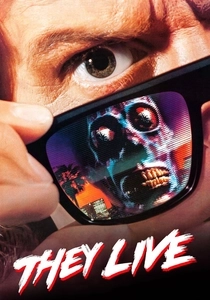
They Live (1988)
Description: John Carpenter's cult classic uses sci-fi horror elements to critique consumerism, media manipulation, and the hidden control of the elite over the masses. The film's iconic sunglasses reveal subliminal messages, symbolizing the revelation of political and social truths.
Fact: The film was initially met with mixed reviews but has since gained a cult following for its political allegory. The famous line "I have come here to chew bubblegum and kick ass... and I'm all out of bubblegum" has become a meme.
 Watch Now
Watch Now 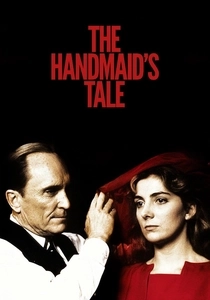
The Handmaid's Tale (1990)
Description: While not strictly a horror film, this adaptation of Margaret Atwood's novel presents a dystopian society where women are subjugated for reproductive purposes. It's a chilling look at theocratic totalitarianism and the loss of personal freedom, making it a political horror in its narrative.
Fact: The film was released before the book became widely known, and it was not as critically acclaimed as the later TV series. However, it still captures the essence of the novel's political horror.
 Watch Now
Watch Now 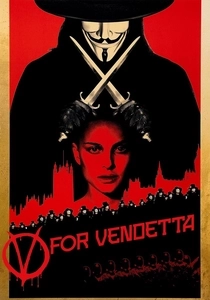
V for Vendetta (2005)
Description: Set in a dystopian future Britain, this film follows a masked vigilante named V who seeks to overthrow a fascist regime. It's a powerful narrative about resistance, freedom, and the fight against totalitarian control, making it a political horror in its own right.
Fact: The film was adapted from Alan Moore's graphic novel, and although Moore distanced himself from the adaptation, it has become a symbol of resistance and political activism. The Guy Fawkes mask worn by V has been used in numerous protests worldwide.
 Watch Now
Watch Now 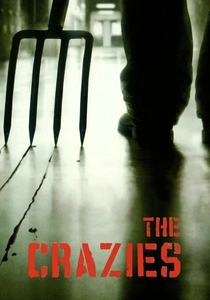
The Crazies (2010)
Description: A remake of George A. Romero's 1973 film, this version explores a small town's descent into madness due to a biological weapon gone awry. It's a critique of government cover-ups, military overreach, and the consequences of biological warfare.
Fact: The film was originally set to be released in 2009 but was delayed due to the H1N1 flu outbreak, which made its themes too close to reality at the time.
 Watch Now
Watch Now 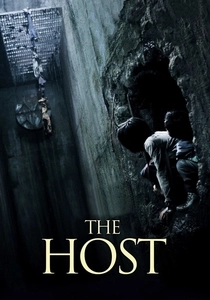
The Host (2006)
Description: This South Korean monster movie uses the creature as a metaphor for environmental pollution and government negligence. It's a political horror that critiques the handling of public health and environmental issues.
Fact: The film was a massive hit in South Korea, becoming one of the highest-grossing films in the country's history. It also received international acclaim for its blend of horror, satire, and social commentary.
 Watch Now
Watch Now 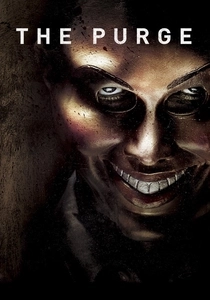
The Purge (2013)
Description: In a dystopian future, the government sanctions a 12-hour period where all crime, including murder, is legal. This annual event, known as "The Purge," is a chilling commentary on class warfare, the right to bear arms, and the lengths to which society might go to control crime and population.
Fact: The film was inspired by real-life discussions about crime rates and gun control in the United States. The sequel, "The Purge: Anarchy," expands on the political themes, showing the societal impact of the Purge on different classes.
 Watch Now
Watch Now 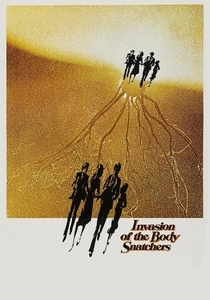
Invasion of the Body Snatchers (1978)
Description: This remake of the 1956 film uses the premise of alien pods replacing humans with emotionless duplicates to comment on conformity, loss of individuality, and the fear of communism during the Cold War era, making it a political horror allegory.
Fact: The film's ending, where the protagonist screams in horror as he realizes the invasion has already begun, has become iconic. The film was remade again in 1993 and 2007, each time adapting the political context of its time.
 30 Days Free
30 Days Free 
